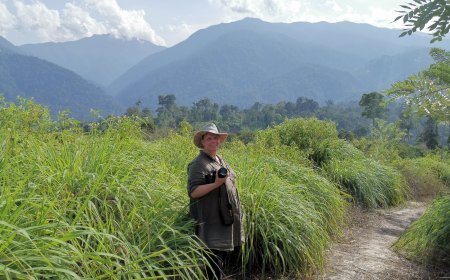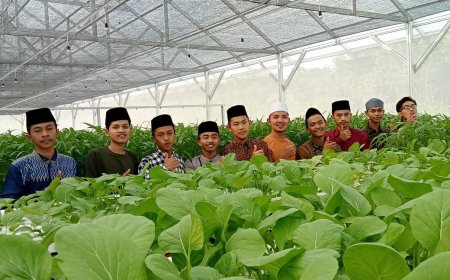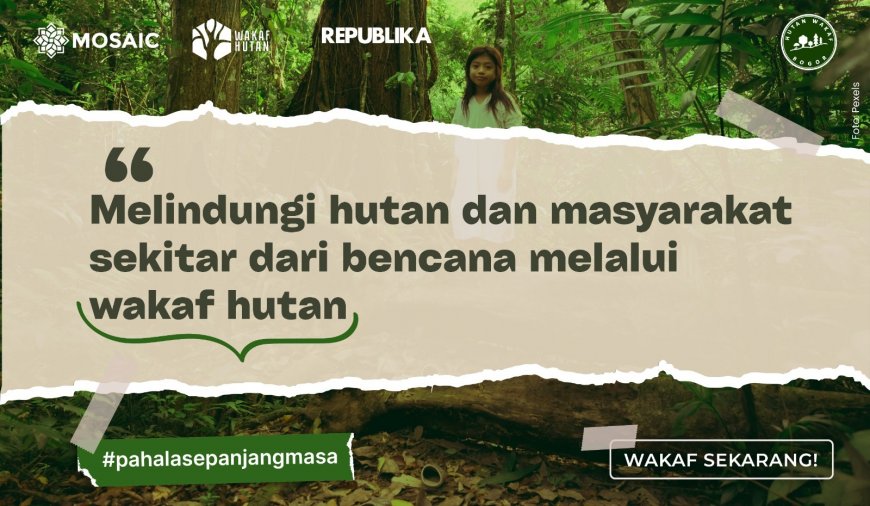Rembuk ESG for Indonesia Encourages Net Zero Emission
The FGD also discussed how to encourage a sustainable pace of investment.
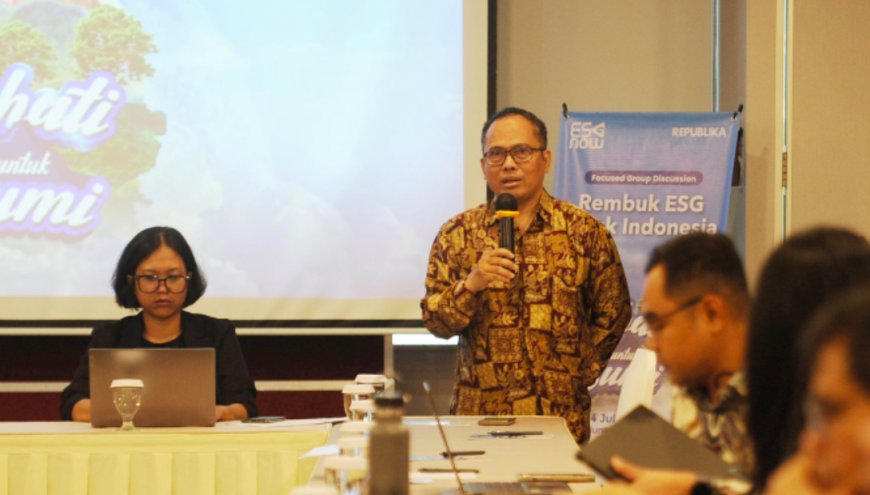
JAKARTA -- Republika held Focused Group Discusssion (FGD) 'Rembuk ESG for Indonesia' at Indonesia Stock Exchange, Jakarta, Thursday (4/7/2024) WIB. This FGD is one of the serial events called Sehati untuk Bumi Republika.
Republika Operational Director, Nur Hasan Murtiaji confirmed that the importance of environmental, social, and governance (ESG) has been of concern to many parties in various fields. He hopes that, through the FGD, stakeholders will work together in order to implement ESG in Indonesia in a good way, said Hasan, who is also the Steering Committe (SC) Mosaic at the BEI building in Jakarta.
He stressed that the Republika is not just a media outlet for disseminating information. More than that. Republika takes on the role to provide forum for exchanging ideas and enriching knowledge about ESG. “This FGD will generate recommendations to the government and other stakeholders on how ESG can be implemented according to the needs of society and business operators today,” Hasan said.
The FGD also discussed how to encourage a sustainable pace of investment. At the same time, the FGD pushes the government's target to achieve Net Zero Emissions by 2060.
FGD Republika in this series of events Sehati untuk Bumi was attended by discussion participants from various elements. Among them are governments, corporations, funding agencies, academics, and ESG issuers. The discussion also formulated ESG policy recommendations for Indonesia. The recommendations can be used as input material for the government in policy formulation as well as further studies in ESG implementation.
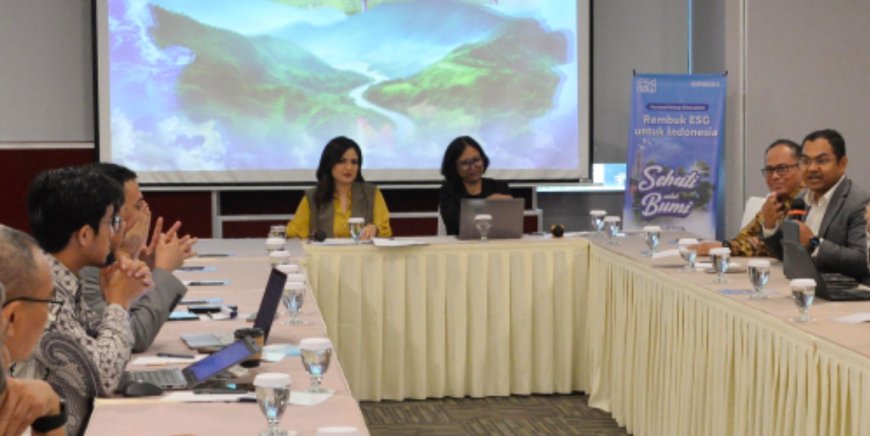
Deputy Human Resources, Technology and Information of the Ministry of State-Owned Enterprises Tedi Barata explained that in order to find an ESG solution, all stakeholders must be involved.
“And this is not only the responsibility of the government, not only the responsibility of state-owned enterprises but also of all stakeholders to jointly seek ESG solutions,” Tedi said Wednesday (4/7/2024).
“And the development of this technology later the solution will develop more and more, the solution now may not be relevant for another ten years, the solution now may not be relevant in the future,” he added.
Tedi explained that ESG solutions must continue to be excavated in search of more effective solutions and accelerate net-zero or zero-emissions. “So this cross-stakeholder discussion is important. So I am appreciative with Republika for this initiation,”Tedi said.
“What is needed is what kind of FGD results, to be discussed further, if there is a workshop to be detailed, impact, let's not focus only on events, but on impact, it is more important,” Tedi said.
FGD Rembuk ESG for Indonesia: The meeting for Bumi Republika was attended by various stakeholders from state-owned enterprises. Pertamina, Telkomsel, PT Bukit Asam, PNG, Pupuk Indonesia, Bank Mandiri and ESG-focused institutions such as the Indonesian Carbon Experts Association (ACEXI) and the Plastic Pay front company as well as academic Dean of the Faculty of Economics and Business of UIII Dian Masyita and faculty of National University, Fachrudin Mangunjaya.
These stakeholders share the experiences and challenges of meeting ESG. How ESG can be implemented according to the needs of the community and drive the government's target of reaching net-zero by 2060.
A number of stakeholders from SOEs revealed they need to strike a balance between fulfilling obligations as state enterprises to provide affordable services and maintaining energy resilience. Meanwhile, there is a push from investors to run ESG practices in their operations.
Indonesia aims to reduce greenhouse gas emissions by 29 percent under “business-as-usual” conditions by 2030 (an unconditional target). With international support, this target increased to a decrease of 41 percent (conditional target).
Indonesia's ultimate goal is to achieve net zero emissions by 2060 or sooner. This means Indonesia's greenhouse gas emissions will be offset by sequestration, particularly through forestry efforts.


